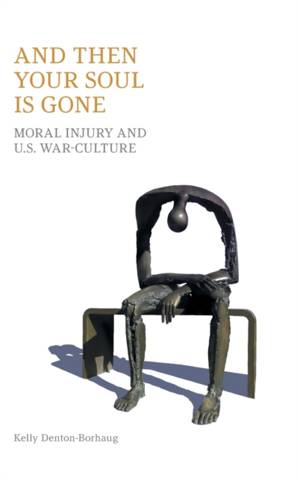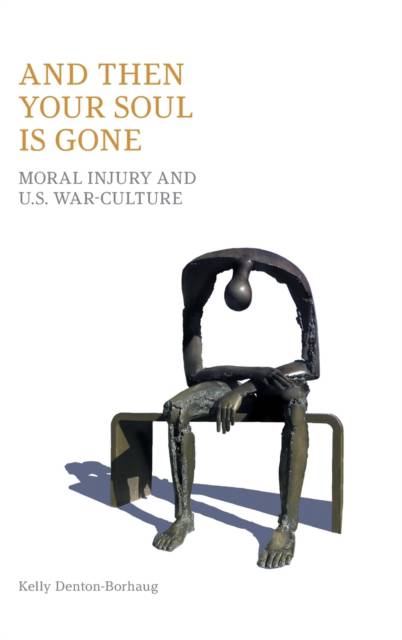
- Afhalen na 1 uur in een winkel met voorraad
- Gratis thuislevering in België vanaf € 30
- Ruim aanbod met 7 miljoen producten
- Afhalen na 1 uur in een winkel met voorraad
- Gratis thuislevering in België vanaf € 30
- Ruim aanbod met 7 miljoen producten
Zoeken
And Then Your Soul Is Gone
Moral Injury and Us War-Culture
Equinox Publishing, Kelly Denton-Borhaug
Hardcover | Engels
€ 161,45
+ 322 punten
Uitvoering
Omschrijving
The sharp and unforgiving suffering of the morally injured veteran cannot be fully understood, much less effectively addressed, without a comprehensive investigation of moral injury's underlying causes in American culture and society. This book exposes the threads of violence that tie together the naturalized dynamics of U.S. ways of war and militarization with collective practices of national distraction and self-deception. It shows how these same threads of violence are also tightly woven and sacralized in the tapestry of U.S. national identity, tragically concealing moral injury from greater consciousness, and sourcing its toxic growth - ironically - in the very lives of those the nation claims it most highly esteems, our military service members and veterans. Drawing on Claudia Card's philosophical framework, moral injury here is characterized as an atrocity, "a foreseeable intolerable harm caused by culpable wrongdoing." These atrocities are shown to be flash-points revealing important truths regarding the unlivable consequences of U.S. war-culture and highlighting the urgent need to rethink the meaning of U.S. nationalism, desacralize violence, and support life.
Specificaties
Betrokkenen
- Auteur(s):
- Uitgeverij:
Inhoud
- Aantal bladzijden:
- 200
- Taal:
- Engels
Eigenschappen
- Productcode (EAN):
- 9781800501034
- Verschijningsdatum:
- 1/08/2021
- Uitvoering:
- Hardcover
- Formaat:
- Genaaid
- Afmetingen:
- 156 mm x 234 mm
- Gewicht:
- 771 g

Alleen bij Standaard Boekhandel
+ 322 punten op je klantenkaart van Standaard Boekhandel
Beoordelingen
We publiceren alleen reviews die voldoen aan de voorwaarden voor reviews. Bekijk onze voorwaarden voor reviews.











